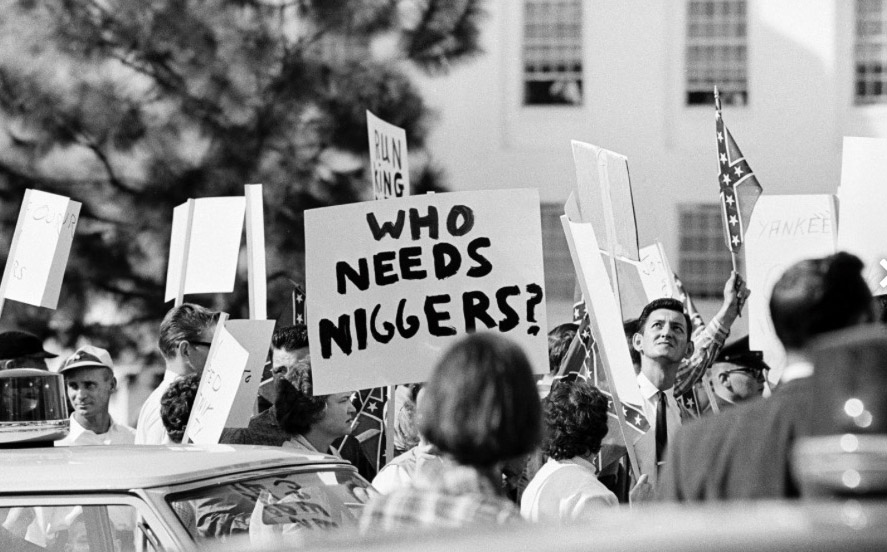
I AM NOT YOUR NEGRO is a mind bending, soul immersing cinematic seance with James Baldwin. An incredible transcendental experience.
Though I saw the screening several days ago, I can still feel Baldwin through the medium of a resonant Samuel L. Jackson unlike any Samuel Jackson I’ve ever witnessed, a Samuel Jackson possessed by the spirit of Baldwin who was alive in that screening room at that 110 Leroy Street screening room several days ago, a preternatural force to be reckoned with today just as he was when he was alive and writing and talking and walking this earth.
A spoken-word movie with images that sear, it is directed by Raoul Peck, using 30 completed pages of James Baldwin’s final, unfinished manuscript, Remember This House, Baldwin writing about the slaying of his three friends: Medgar Evers, June 12, 1963. Malcolm X, February 21, 1965, and Martin Luther King Jr., April 4, 1968. Baldwin died in 1987 before he completed the book but in that screening room on Leroy Street, I couldn’t accept that he was dead because he was so much alive because of Raoul Peck and Samuel Jackson. Time stopped, reversed, and restored. Period.
Baldwin also spoke that night of the screening about the brutal murders of Trayvon Martin, Michael Brown, Tamir Rice, Laquan McDonald, et. al. And, yes, Emmett Till. And the murders happening now or to happen in the near future. Talk? More like a reverberating roar. But this isn’t a masterpiece about death. “By confronting the deeper connections between the lives and assassinations of these three men, the film uncovers the larger narrative of America’s historically irrational relationship with race and today’s resurgence of movements that campaign against violence toward black people, most recently with #BlackLivesMatter.”
On a Personal Note – By Raoul Peck
Excerpts via Magnolia Picture:
From production notes: Baldwin’s manuscript was entrusted to Raoul Peck by the executor of The James Baldwin Estate. By confronting the deeper connections between the lives and assassinations of these three men, the film uncovers the larger narrative of America’s historically irrational relationship with race and today’s resurgence of movements that campaign against violence toward black people, most recently with #BlackLivesMatter.
I AM NOT YOUR NEGRO screened at NYFF54 October 1 and October 2. It is showing tomorrow a 7:15, Standby Only, at the Francesca Beale Theater, 144 West 65th Street.
Gregg Morris can be reached at gmorris@hunter.cuny.edu
